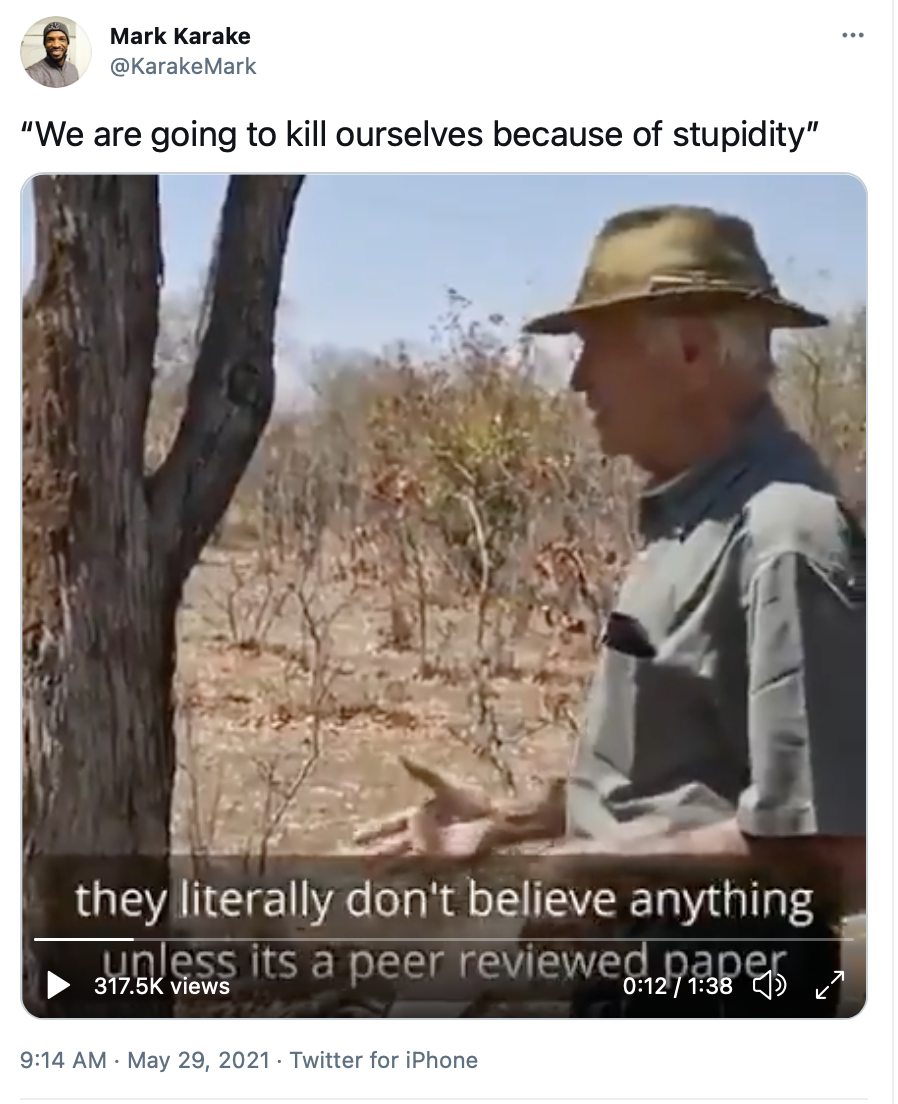Chapter 7: Your Amazing Body
Hello again, newborn baby. I’m here again to give you advice on many important topics. This is our seventh visit, the seventh chapter to this 100-chapter story.
Today we are going to talk about your amazing human animal body. First of all, you don’t have a body. Rather, you are a body. “You” is shorthand for trillions of cells that somehow work together. When “you” decide you are hungry, that is actually trillions of microscopic cells coordinating their separate energies into a few macroscopic actions: crying for milk, sucking and then swallowing the milk. How did that miracle of coordination happen? Honest people don’t claim to know.
All of this is pre-verbal for newborns like you—done without the use of words. This seemingly makes you brilliant but actually this puts you into the same predicament as chimpanzees, pigs, mice and earthworms. Your amazing body almost entirely takes care of itself without needing any words at all. And when you finally develop language, you’ll have only the illusion that those words are pulling the strings, whereas your words are only an epiphenomenon. Whenever you “decide” to say “hello,” something else made you “decide.” Your words don’t cause your words, because that would be an eternal regress. We will save the rest of this dangerous topic for another day, however.
People think they know their bodies, but they know almost nothing. We don’t even know how it is that “we” control our breathing or how the body does this automatically when “we” ignore it. We don’t even know how we think thoughts or imagine the ocean. We don't know how we keep from falling over as we run down the sidewalk on our two peg legs. We don’t even know how it is that we are able to start peeing. Or how we digested yesterday’s meal.
Some people will protest and claim that we do know a lot of things. I agree. We know a LOT of things and it is wonderfully useful to know those things. This knowledge allows us to invent smartphones, medicines and rockets. But we never get totally to the bottom of anything. We think we are explaining, but we are only describing. As I was once told by philosopher Andy Clark, “An explanation is a description that makes us feel good.” We have only thin explanations in a deep world. As Nietzsche said,
Just beyond experience!– Even great spirits have only their five fingers breadth of experience – just beyond it their thinking ceases and their endless empty space and stupidity begins.
Maybe we don't fully and deeply understand anything but certainly we can make things, right? Not really. We can only rearrange things. As Carl Sagan said, ““If you wish to make an apple pie from scratch, you must first invent the universe.” Making things worse, when we do rearrange things, they always eventually fall apart, as Heraclitus noticed thousands of years ago.
We appear to be dynamic patterns rather than bodies. The stuff of the universe moves in and out of us, yet somehow the pattern and form our bodies more or less remains. We are thus like flames, though far more complex. We turn bananas into poop to assist our largely subconscious effort to pass our genes to the next generation. How's that for complexity, especially when we figured out how to transport our bananas to our city from 1,000 miles away by using a flying aluminum tube?
We like to say that we understand basic things like how our body works, but that is mostly to keep our sanity. We say lots of things to reassure ourselves, yet we don't even know how our words convey meaning from person to person. We blithely accept words as substitutes for deep understanding because we must. We are experts at concealing our ignorance of our own bodies. Nietzsche had a lot to say about this self-ignorance:
Does nature not conceal most things from him-even concerning his own body, in order to confine and lock him within a proud deceptive consciousness, aloof from the coils of the bowels, the rapid flow of the bloodstream, and the intricate quivering of the fibers! She threw away the key. And woe to that fatal curiosity which might one day have the power to peer out and down through a crack in the chamber of consciousness and then suspect that man is sustained in the indifference of his ignorance by that which is pitiless, greedy, insatiable, and murderous-as if hanging in dreams on the back of a tiger.
Now, back your body. It is more complex than you will ever be able to imagine, multiplied by fifty trillion. Your liver is an immense chemical factory packed into one side of your abdomen and it works extremely well even though we don’t have any deep knowledge of how it works. We notice correlations and we attribute causation, but the magic is in the complex fluid movements and as we drill down from biology to physics to quantum physics, the ultimate “things” we would like identify as the objects of our explanations smear into wave patterns.
OK. Maybe that is too esoteric. Let's simplify. Have you ever considered your ankles? Mundane ordinary ankles. They are a collection of bones so small you can almost wrap your hand around them, yet they hold up your body all day long and they can last for 100 years. Even one ankle can hold up your entire body weight, even if you hop. How is that possible. If they get injured they usually fix themselves. How is that possible?
How is it possible that the body is so good at patterns of actions such as peristalsis, vomiting, sneezing and orgasms, where the body orchestrates a complex cascade of mini-actions? And we haven’t yet mentioned the brain, three pounds of such “mind-blowing” complexity that it allows us to fire up our memory and imagine walking through our house! We can generate mental representations in such exquisite detail that we can find our keys while lying in bed with our eyes closed! “I left my keys on the back porch!” And it doesn't help us to blithely say that our brain is like a computer. Our brain does not work like a modern computer. It doesn't have architecture anything like a computer. Further, everything thought we think is infused with emotional valence.
Instead of working like a store-bought computer our brain seem to run on connectionist architecture that excels at pattern matching. We’re “good at frisbee, but bad at math.” That’s another observation by Andy Clark. We have thinking meat in our brains. How does meat think? How is that possible? If all of this unnerves you, perhaps you would rather conclude that thinking goes on somewhere other than in a body, perhaps in a disembodied soul. That is a dramatic fail.As neuroscientist Antonio Damasio concluded: "There is no such thing as a disembodied mind. The mind is implanted in the brain, and the brain is implanted in the body."
We have immune systems that are factories of natural selection (and much more) within our own bodies. They identify and neutralize complex threats without requiring us to think about those threats. How powerful are immune systems? When someone dies, their body starts to “rot” within a few hours. But the bugs and microorganisms that devour bodies at death are always trying to devour our living bodies too, but bodies, relying on their immune systems, usually beats the invaders decisively. That’s how powerful your immune system is. Without a functioning immune system, a newborn baby like you would never make it to two days of age.
On a microscopic level, there is probably a lot more going on in our bodies than we even want to know. Yesterday, for example, you were oblivious that your body defeated pre-cancerous cell that would have replicated and killed you in a year. Again, it’s probably a really good thing that “you” aren’t needed to keep your body running well. If you were in charge of your body, all of the harrowing microscopic things going on underneath your skin would scare the shit out of you and you wouldn’t have a clue about what to do about any of this.
As you grow up, look at your hands often and marvel at them. Think about how amazing they are, giving you the power to grasp and sense and fight and caress. The hand: a multi-function tool if there ever was one. Your hands are all the evidence you need that your body is extraordinary.
And now please note that we’ve only discussed a few of your amazing body parts. There are hundreds more, including your tiny ear bones which, millions of years, ago served as jaw bones in our reptile ancestors.
Take care of your body. It’s more amazing than anything a science-fiction writer could imagine. Be good to it. Thank the stars that you inherited something so incredibly complex and functionl that defies deep explanation.


